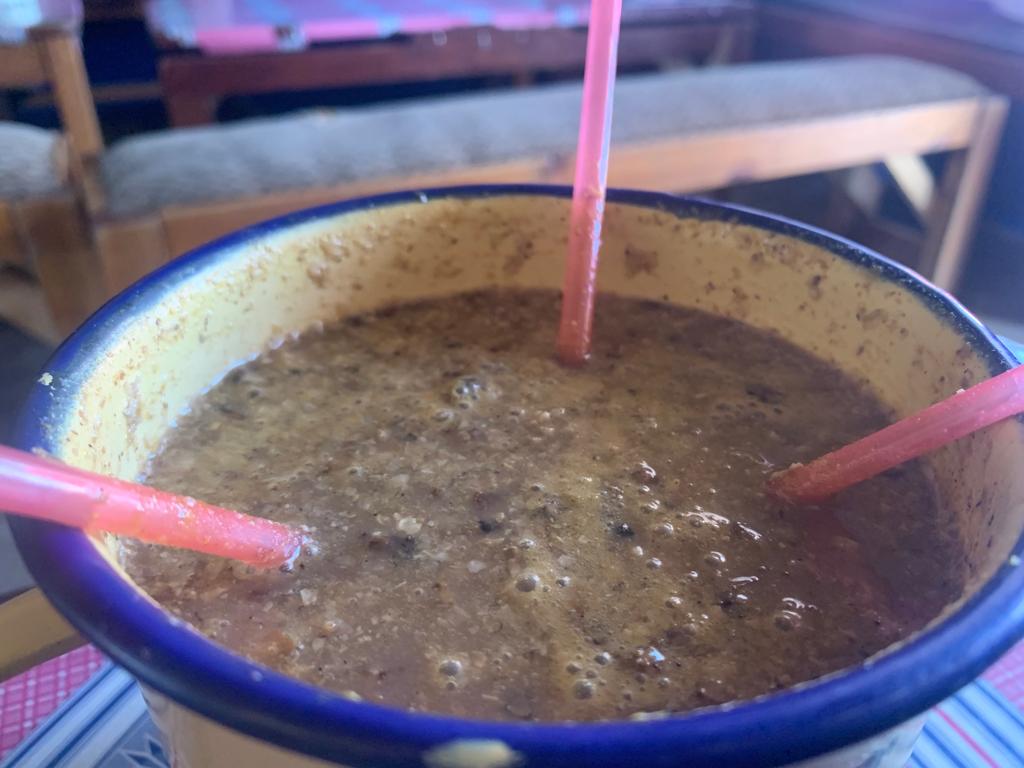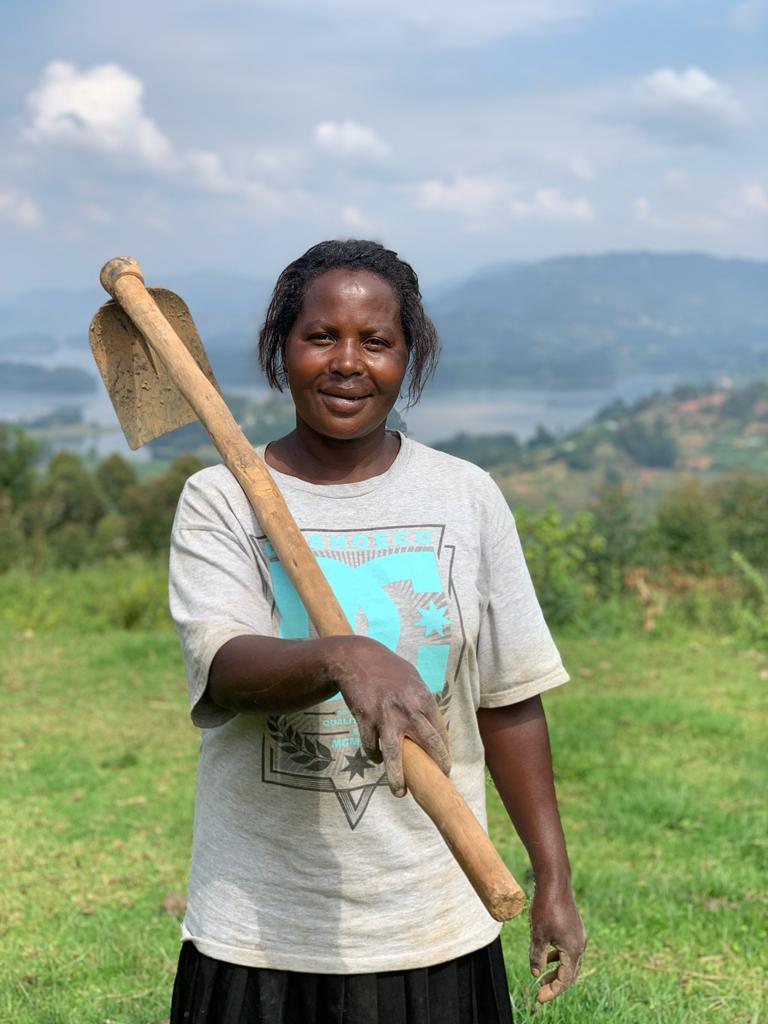{source}<iframe width="100%" height="560" src="https://www.youtube.com/embed/4MEGswglnh4" title="YouTube video player" frameborder="0" allow="accelerometer; autoplay; clipboard-write; encrypted-media; gyroscope; picture-in-picture" allowfullscreen></iframe>{/source}
In a revealing documentary by Mr. Shemei Agabo, a filmmaker who recently joined the climate change storytelling platform, Last Drop Africa, more than 90% of the households in Kabale district are finding it harder to grow sorghum - the most grown cereal crop in Kigezi region.
As a result, sorghum production has nosedived according to the 2022 Kabale District’s Third Development Plan (2020-2025), affecting incomes of hundreds of farmers, especially women.


“The causes of poor living standards in the District include climate change and soil exhaustion which cause dwindling yields year after year,” the report reads.
The documentary maker, Mr. Agabo, a student at Aga Khan University’s Graduate School of Media and Communications (GSMC), told Daily Monitor that women and the rural poor, who constitute the majority of the population in the district, are the most vulnerable to climate changes.
“The idea behind this documentary film is to take the climate change conversation and explain it in a language that speaks directly to local audiences so as to start a public debate that could help civic engagement on climate change and why we need to care.,” he noted.

In 19 minutes, the duo decries harsh climatic conditions that deprived them of their household incomes and distorted the quality of the drink itself by making it hard for superior sorghum varieties such as ‘Kyaatanombe’ and ‘Buhuri’ - the unrivalled ingredients for the mouth-watering drink.
On a quarter an acre of land, Mrs. Oworinawe used to harvest about 300 kilograms of quality sorghum, but this has not been possible in the last five or so years due to increased temperatures in the district. She has since resorted to Irish potatoes and beans, which require a high fertiliser input and often bring in much less income.
Despite the climate threats, scientists and researchers are mooting solutions to save the endangered sorghum species by tweaking their genealogy to make them more resilient and adaptive to the change in weather patterns.
Dr. Richard Edema, the Director of Makerere University’s Regional Centre for Crop Improvement, gave assurances that improved variations of sorghum breeds, including the ‘Kyaatanombe’ variety will be available for planting in less than five years.
Besides Enturire, sorghum is a key ingredient of several alcoholic products, especially beer brands, as thus, a decline in production spells long-term consequences for Ugandans.
“A shortage in the supply of this raw material signals an increase in prices for your favourite cold one and an influx of imported beers that further threaten local production, jobs and cultural identity,” noted Mr. Alex Taremwa, a Co-Founder at Last Drop Africa.
The documentary premiered Tuesday, April 5, 2022, at the French Ambassador’s Residence in Kampala. It was a collaborative project supported by the COP-21 Anniversary Grant from the Embassy of France in Uganda and partnerships from non-governmental organisations; Last Drop Africa and InfoNile.

